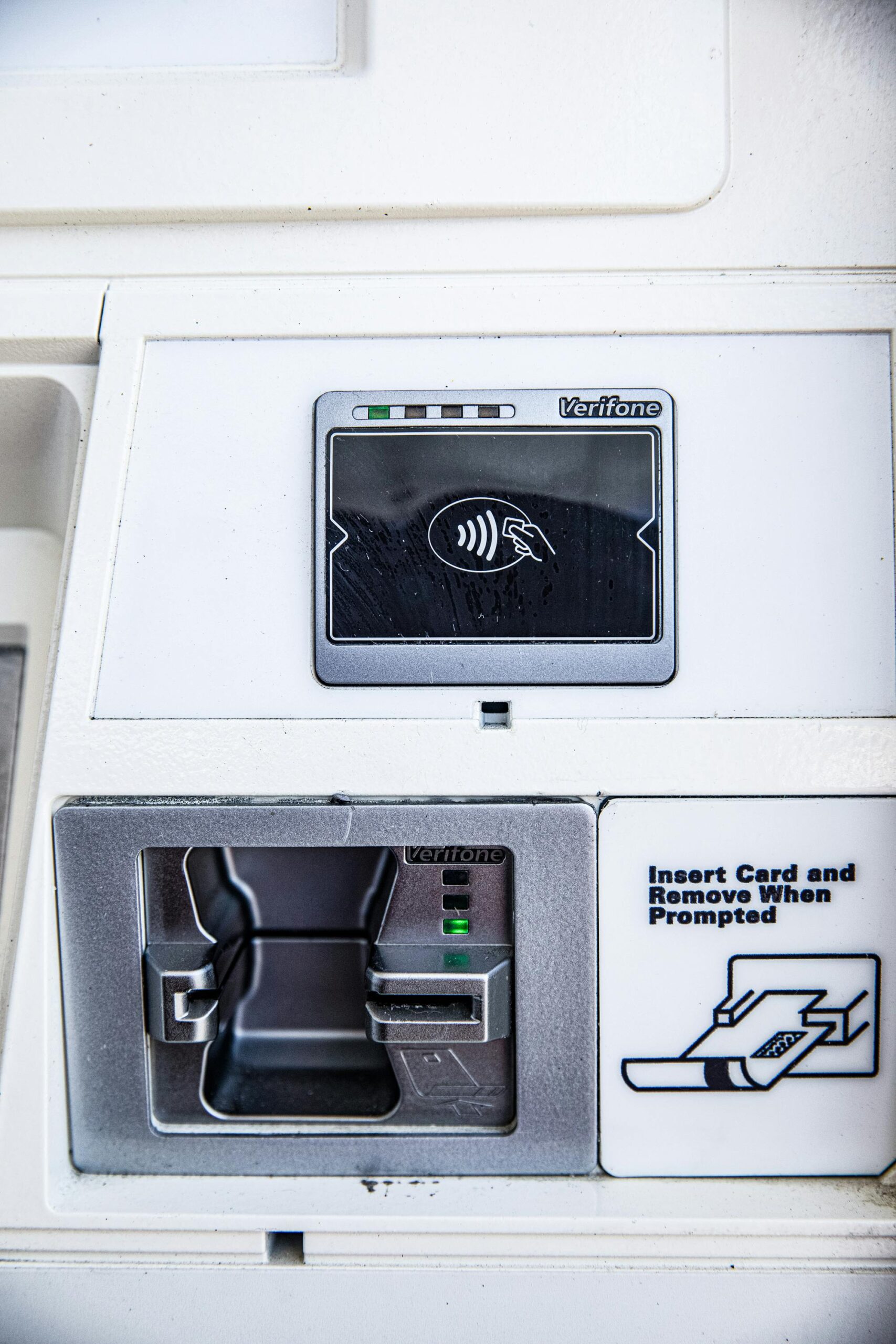
Buying a home is one of the biggest financial decisions you’ll make, and understanding your home loan options is a crucial step in the process. The United States offers a variety of mortgage options to help homebuyers secure financing. Each type of loan has its own benefits, requirements, and conditions, which can affect your long-term financial health. In this blog, we’ll explore the top home loan options in the USA, their advantages, and who they are best suited for, so you can make an informed decision when choosing a mortgage.
1. Conventional Loans
Conventional loans are the most common type of mortgage in the United States. These loans are not insured or backed by the government, which means they are offered directly by banks, credit unions, and other private lenders. Conventional loans typically require a higher credit score and a larger down payment than government-backed loans, but they can offer more flexibility in terms of the loan amount, interest rate, and repayment options.
Key Features:
- Down Payment: Typically requires at least 5% to 20% of the home’s purchase price.
- Credit Score: A higher credit score (usually 620 or above) is typically needed.
- Loan Terms: Common loan terms are 15 or 30 years.
- Interest Rates: Fixed or adjustable interest rates are available.
Best for: Borrowers with good credit who can afford a substantial down payment and are looking for flexible loan terms.
2. FHA Loans (Federal Housing Administration Loans)
FHA loans are a popular option for first-time homebuyers or those with less-than-perfect credit. Backed by the Federal Housing Administration, these loans offer lower down payment requirements and more lenient credit score criteria, making them accessible to a larger group of buyers. However, they come with certain restrictions and require borrowers to pay for mortgage insurance.
Key Features:
- Down Payment: As low as 3.5% of the home’s purchase price.
- Credit Score: A credit score as low as 580 can qualify for the 3.5% down payment option, but scores below 580 may require a 10% down payment.
- Mortgage Insurance: Requires both upfront mortgage insurance premiums (UFMIP) and monthly mortgage insurance (MIP).
- Loan Limits: FHA loans have limits based on the county in which the home is located.
Best for: First-time homebuyers or those with lower credit scores who may struggle to qualify for a conventional loan.
3. VA Loans (Veterans Affairs Loans)
VA loans are designed specifically for active-duty military members, veterans, and qualifying spouses. These loans are backed by the U.S. Department of Veterans Affairs, which allows lenders to offer more favorable terms, including no down payment and no private mortgage insurance (PMI) requirements.
Key Features:
- Down Payment: No down payment is required.
- Credit Score: While no specific minimum is set, most lenders prefer a credit score of 620 or higher.
- Mortgage Insurance: No PMI, but a VA funding fee may apply.
- Loan Limits: VA loan limits are determined by the county and the veteran’s eligibility.
Best for: Active-duty service members, veterans, and surviving spouses who want to buy a home with no down payment and lower costs.
4. USDA Loans (United States Department of Agriculture Loans)
USDA loans are backed by the U.S. Department of Agriculture and are intended to help low- to moderate-income individuals and families purchase homes in rural and suburban areas. These loans are unique in that they offer 100% financing, meaning no down payment is required. Additionally, USDA loans tend to have lower interest rates and more flexible credit requirements compared to conventional loans.
Key Features:
- Down Payment: No down payment is required.
- Credit Score: A minimum credit score of 640 is typically required.
- Income Limits: There are income limits, which vary based on the location of the property and the number of people in the household.
- Property Location: The property must be located in an eligible rural or suburban area as defined by the USDA.
Best for: Low- to moderate-income borrowers who are purchasing a home in a rural or suburban area and meet the eligibility criteria.
5. Jumbo Loans
Jumbo loans are designed for borrowers who need to finance a home that exceeds the conforming loan limits set by the Federal Housing Finance Agency (FHFA). These loans typically come with higher interest rates and stricter eligibility requirements, as they are not eligible for purchase by Fannie Mae or Freddie Mac. While the larger loan amounts make them suitable for high-end homebuyers, they also require strong financial qualifications.
Key Features:
- Down Payment: Typically requires a down payment of 20% or more.
- Credit Score: A higher credit score (usually 700 or above) is required.
- Loan Amount: Loans that exceed the conforming loan limits, which vary by county.
- Interest Rates: Typically higher than conventional loans.
Best for: Borrowers purchasing high-end or luxury properties who can meet the stricter financial criteria.
6. Adjustable-Rate Mortgages (ARMs)
An adjustable-rate mortgage (ARM) is a type of loan where the interest rate is initially fixed for a certain period, but then it adjusts periodically based on the performance of an underlying index. ARMs generally offer lower initial rates compared to fixed-rate mortgages, making them attractive for borrowers who plan to sell or refinance before the rate adjusts. However, they carry the risk of higher payments if interest rates rise.
Key Features:
- Down Payment: Usually 5% to 20% down payment.
- Credit Score: Similar to conventional loan requirements, with a score of 620 or higher being ideal.
- Loan Terms: Commonly offered as 3/1, 5/1, 7/1, or 10/1 ARMs, where the first number indicates the number of years the interest rate is fixed.
- Interest Rates: Initially lower than fixed-rate mortgages but can increase after the initial fixed period.
Best for: Borrowers who plan to move, refinance, or pay off the loan before the rate adjusts and who can handle the risk of increasing payments.
7. Fixed-Rate Mortgages
Fixed-rate mortgages are the most traditional and straightforward type of home loan. With a fixed-rate mortgage, the interest rate stays the same throughout the term of the loan, providing borrowers with predictable monthly payments. Fixed-rate mortgages can be set for a term of 15, 20, 25, or 30 years.
Key Features:
- Down Payment: Typically requires at least 5% to 20% down payment.
- Credit Score: Borrowers with higher credit scores are likely to get better interest rates.
- Loan Terms: 15, 20, or 30 years are the most common terms.
- Interest Rates: Fixed for the life of the loan, ensuring consistent payments.
Best for: Homebuyers who value stability and predictability in their monthly payments and plan to stay in the home for a long time.
Conclusion
The USA offers a wide range of home loan options, each tailored to different financial situations, property types, and borrower needs. Whether you’re a first-time homebuyer looking for a low down payment option, a veteran seeking the benefits of a VA loan, or a high-income earner in need of a jumbo loan, there’s a loan option to fit your circumstances. By understanding the top home loan options available, you can make an informed decision, secure favorable terms, and start your journey to homeownership with confidence.

















